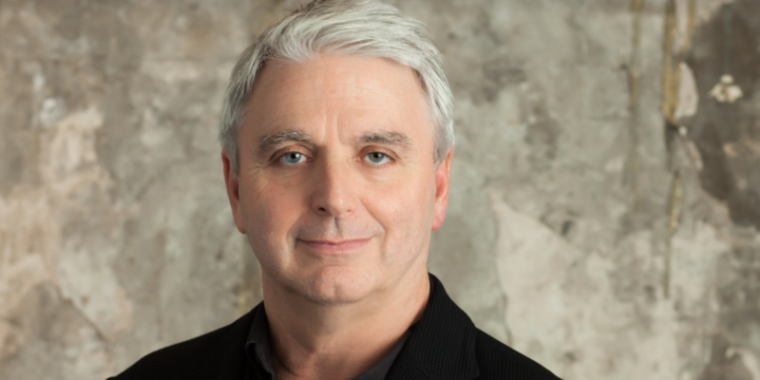John Riccitiello, CEO of Unity, the company whose 3D game engine had recently seen backlash from developers over proposed fee structures, will retire as CEO, president, and board chairman at the company, according to a press release issued late on a Monday afternoon, one many observe as a holiday.



Drops a nuke on their stock
“Well, guess my work is done. I’ll take my $400 million golden parachute and just step over the pieces of my broken company as I shuffle out to my car. Peace, bro.”
Then 6 months later gets a VP job somewhere else because he “has experience” all the while eyeing another run at CEO.
Nah once they’re CEOs they’re good. They just go sit on various boards making millions for doing relatively nothing.
“I just voted to keep employee pay low. Now I have to go fly my private jet around to justify the cost of owning it. Bye!”
I thought VPs already didn’t really do anything, but being on the board and meeting 2 or 3 times a year is definitely less.
I am become lizard, sitter of boards
Yup, my uncle was a CEO, and his monthly house payment is more than I make in a year… even combining my significant other’s salary. I do not like this timeline.
Someone find out if he or his family sold stock before the drop.
I’ve heard he sold some stock but it was like a recurring sell-this-much-every-this-often type of thing so it wasn’t out of the ordinary is what I heard.
That defense didn’t work for Martha Stewart.
Yeah… Except I heard he started this process to sell off most of his stock several months ago. His actions look a lot like “we’re going to risk everything and either increase profits or kill the company, either way we get a huge payout”
That’s odd. I heard he specifically shorted on Unity before he announced it and that’s some sleazy shit.
That would be a dumb move on his part. Stock manipulation that blatant would have the SEC chewing on his entrails in a matter of minutes.
The most likely scenario is that he was paid at least partially in company stock. This is fairly common for the C-level, because it allows them to loosely tie their income to the company’s stock price. When the company does well, the C-level makes more money.
So he likely had an automated recurring sale set up, to sell off part of what he was being paid. So if he’s paid 25 stocks per pay period, maybe he sells off 15 automatically and keeps 10. This allows him to remain more liquid (or diversify his investment portfolio by reinvesting that money into other companies’ stock,) so he isn’t keeping all of his eggs in one basket. It’s the smart thing to do, but can also be bad PR if the stock for your company tanks right after your automated sale goes through.
At most, he could’ve timed the announcement to happen right after his stock sale. So he can automatically sell when the price is still good, then watch it tank immediately after the sale. That’s not stock market manipulation per the current rules, (because he didn’t actually change how much he was selling, or change when the sale would happen) but it’s still scummy.
I’m not sure if it’s an accident, but the value of $400m is exactly how much private equity firm Silver Lake invested in them in 2017. They were backed by a lot of private equity and VC money before they had an IPO.
Unity IPO’d 3 years ago in Sept 2020 at $52 per share, they’re now at $30/share, and have been under $50/share since May of 2022. The chairman of the board, Roelof Frederik Botha, is a partner at Sequoia Capital.
This is a business run by VC / PE people, that’s doing shitty in the market, and was doing badly before this whole license fee event. It’s not going to come to its senses and start behaving well just because the scapegoat CEO is gone. They need to juice their revenue streams to make investors happy, because it’s worth significantly less than it was at the IPO.
I just hope nobody is saying “Yay, now that the evil CEO is gone, Unity will be good again.” Anybody thinking that is just setting themselves up for whatever the company does next to juice their failing stock price.
Hmm can he exercise his stock at a lower rate now?
Then, with the assumption that the company adjusts in the coming years, sell for profit?